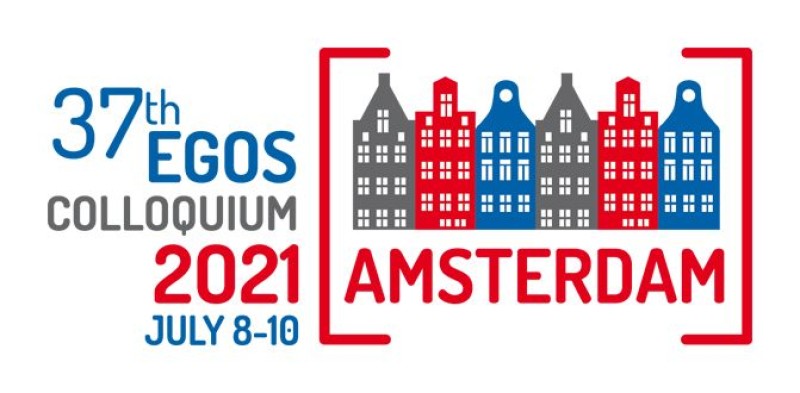Sub-theme 71: The Corporatization of Academic Leadership
Call for Papers
Universities as an organizational form has been quite successful since the early foundations in Medieval Italy to the present
day, particularly after Second World War with a large number of new foundations all over the world. Traditionally, universities
were typically collegial organizations, in which faculty members managed their institutions together. Professors took turns
each semester or academic year to be the primus inter pares. By the passage of time, with increasing external demands
and internal complexity, this system was replaced by one where one of the professors was elected to lead the university for
a longer period. However, in recent decades also this system has been questioned. As large corporations, through their high
visibility in modern society, have become the role model for other organizations there have been increasing pressures that
also universities should follow their way of management. Some countries abandoned the elective system and introduced appointments
for the designation of presidents. Others, and sometimes the same, allowed presidents to be chosen outside the faculty of
the concerned university or even outside academia.
Consequently, a job market for university presidents (and
in some cases even for deans) has developed, often with the aid of search consultants. Even a very old university like Oxford
thus turned outside the university when electing John Hood as Vice-Chancellor in 2004, a break of a nine-hundred-year tradition.
These new recruitment patterns have evoked the question to which extent outsiders can be good leaders in an institution like
a university, where tacit knowledge is particularly significant for the handling of creative individuals. Another issue has
to do with the supply of candidates, since administrative careers, particularly in modern times, imply that a scholarly career
has to be given up. As a result, there may be difficulties in the future, in contrast to what has been the case earlier in
top universities, to recruit top scholars as university presidents. This may be problematic since former presidents testify
that internal and external legitimacy are key factors for a successful university president. In addition, there has been a
growing critique concerning the lack of inclusiveness when the demography of university presidents and related selection procedures
are considered, pointing to an underrepresentation of women, ethnic minorities, and international candidates.
Irrespective how university leaders are selected, there is also an issue of their power. Thus, a number of universities
have senates with faculty representation in order to strike a balance between the president, the board and faculty members.
In addition, when deans are elected, they may act as counter-powers in relation to the presidential team. The power of university
presidents may also be hampered by the resource allocation system. Thus, the more external grants that are allocated to individual
faculty members and research groups, the less power for the leader. On top of that, empirical studies have shown that leaders
of organizations, not only universities, have difficulties to control their agenda. They would like to work strategically
and long-term but are often dragged into short-term problems and representative duties. As for the latter, it is also an observation
that external activities, particularly fund-raising, have become the major task for university presidents.
The increased external demands on universities and university leaders to show performance, have also had the effect that
the top administration of universities is growing fast. More and more experts are hired to deal with communication, human
relations, legal issues, quality assessments, etc., and universities are even following corporations by hiring managing consultants.
Obviously, this development is draining the resources for education and research.
Against the above backdrop, the
sub-theme aims to shed light on the leadership of universities in general, and the selection and work of university leaders,
and presidents in particular, by inviting both conceptual and empirical papers. We, particularly but not only, welcome submissions
that examine:
The development over time and space for the selection of university leaders
The power relations between university presidents, boards, university administration, deans and faculty members
The diversity of university presidents in an inclusive society
The actual work of university presidents
The development of top university administration
The tendency for universities to use consultants
The particular problems of leadership in professional organizations


